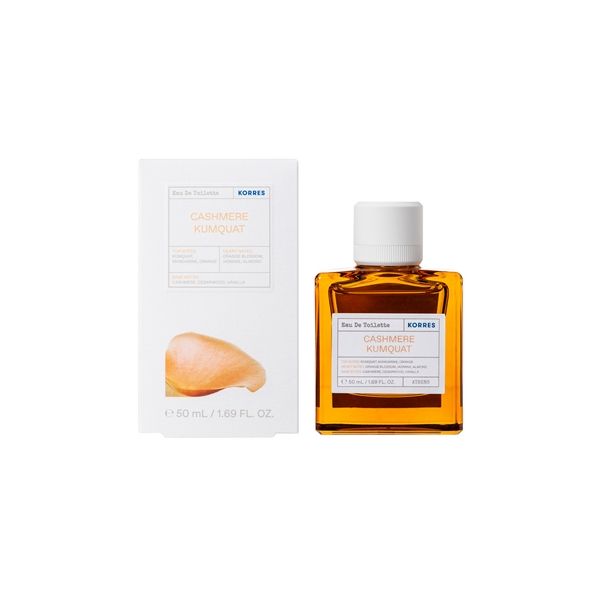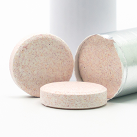Blog
Foods That May Help Prevent Dementia
Dementia is a disease that occurs in the elderly without excluding some situtations that it can occur in an earlier age. Genetic predisposition combined with environmental factors and diet play a role in the rise of dementia cases worldwide. The most common forms of the disease today are Alzheimer’s and vascular dementia. It is essentially the gradual or rapid weakening of a person’s mental functions. Dementia can present with various symptoms common to all areas of the brain involved in mental functions. Although the genetic predisposition factor can not be changed, one can prevent dementia by adjusting his diet accordingly, enriching it with more vitamins and antioxidants. Below are some of the foods that help prevent or even delay the onset of the disease. But even if a patient with dementia is taking medication, the following foods can improve their quality of life.
Fruits and vegetables
Fruits and vegetables have a strong effect on reducing the chance of developing dementia. This is due to their high content of antioxidants, vitamin C, flavonoids, carotenoids, folic acid and fiber. 5-6 servings of fruits and vegetables daily are indicative and provide the ingredients you need, as long as there is variety in each category. Green leafy vegetables such as spinach, lettuce and greens are rich in folic acid which improves cognitive function and reduces the symptoms of depression. Carrots, tomatoes, beets, broccoli, cauliflower and Brussels sprouts are rich in carotenoids and vitamin C. Dark red fruits, such as berries and cherries, are rich in anthocyanins that protect the brain from damage caused by free radicals, but also in antioxidants and vitamin C.
Legumes
Legumes contain folic acid, potassium and B-complex vitamins that enhance brain function. Consuming them twice a week can contribute positively to the proper functioning of the brain. Ω3 and Ω6 fatty acids. Consumption of fish, raw nuts and olive oil that are high in omega-3 and omega-6 polyunsaturated fatty acids and vitamin E is perhaps the most important addition to the diet one can make. This is because these substances increase the fluidity of cell membranes and delay the aging of brain cells. Consume raw olive oil and nuts daily and at least 1-2 times a week fresh fish rich in omega-3 fatty acids.
Whole grain products
Whole grains products are rich in B vitamins. Vitamin stores in this complex are often low in the elderly and this has been linked to a decrease in the nervous functions of their brain, resulting in the onset of dementia.
So foods like these should be on a daily basis in your diet. These include oats, quinoa, brown rice, spaghetti, bread and whole grains.

 Ελληνικά
Ελληνικά









































